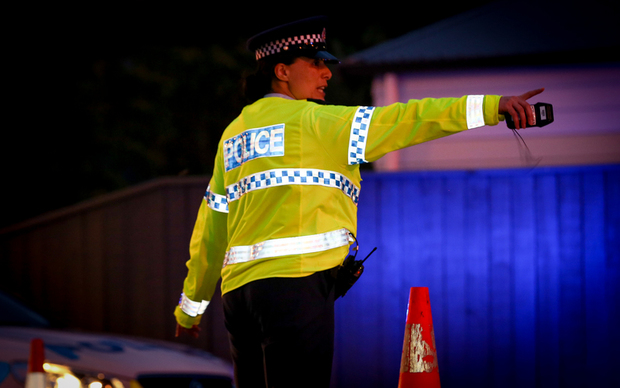
New random roadside drug testing was supposed to begin this month in New Zealand, but its rollout has been delayed. What does this mean and what could happen next?
On 11 March 2023, a new roadside drug testing regime, including random saliva tests, was supposed to start rolling out across the country.
But shortly before the new law was due to take effect, the Government announced that they were hitting pause on saliva testing. Associate Minister of Transport, Kiritapu Allen, said the appropriate technology to do the testing accurately “doesn’t yet exist."
What does this mean for people driving now?
The pause in rolling out roadside saliva testing doesn’t change the fact that driving while impaired by drugs – including prescription medication – is both illegal and a bad idea. Driving while impaired is dangerous to yourself and everyone else on the road. It’s a significant contributor to the death toll.
And while random saliva testing won’t be happening for the moment, the new law is still in place, including new penalties if drugs are detected in your system. These include tougher penalties for driving after mixing drugs or alcohol.
For now, if Police suspect you’re impaired, they will use what’s called a compulsory impairment test. If you fail that, you’ll be required to take a blood test to check whether you have any ‘qualifying drugs’ in your blood above certain ‘threshold’ or ‘high-risk’ levels.
The list of drugs includes the likes of MDMA, cannabis, methamphetamine, cocaine and ketamine, as well as prescription medicines like tramadol, lorazepam and codeine.
What could change in future?
The law enabling roadside saliva tests is still in place, so if Police find a technology that they think can test accurately enough, they may still roll it out.
Police have also said that they are going to seek a change to the law that could allow them to use saliva testing as an initial step only, which would then need to be confirmed with a blood test.
We’ll be sure to keep you up to date with any changes.
Related stories
Recent stories
SMART Recovery: Support groups without the need for abstinence or a higher power
We explore what it is and how it has positively affected people's lives.
Kamini: What you need to know
EDs and doctors have seen more people seeking help for opioid overdose, withdrawal, and addiction after using kamini. Here's what you need to know about the opioid-containing remedy.
Pseudoephedrine: what you need to know
Pseudoephedrine is back on the shelves. Here's what you need to know about this cold & flu medication.